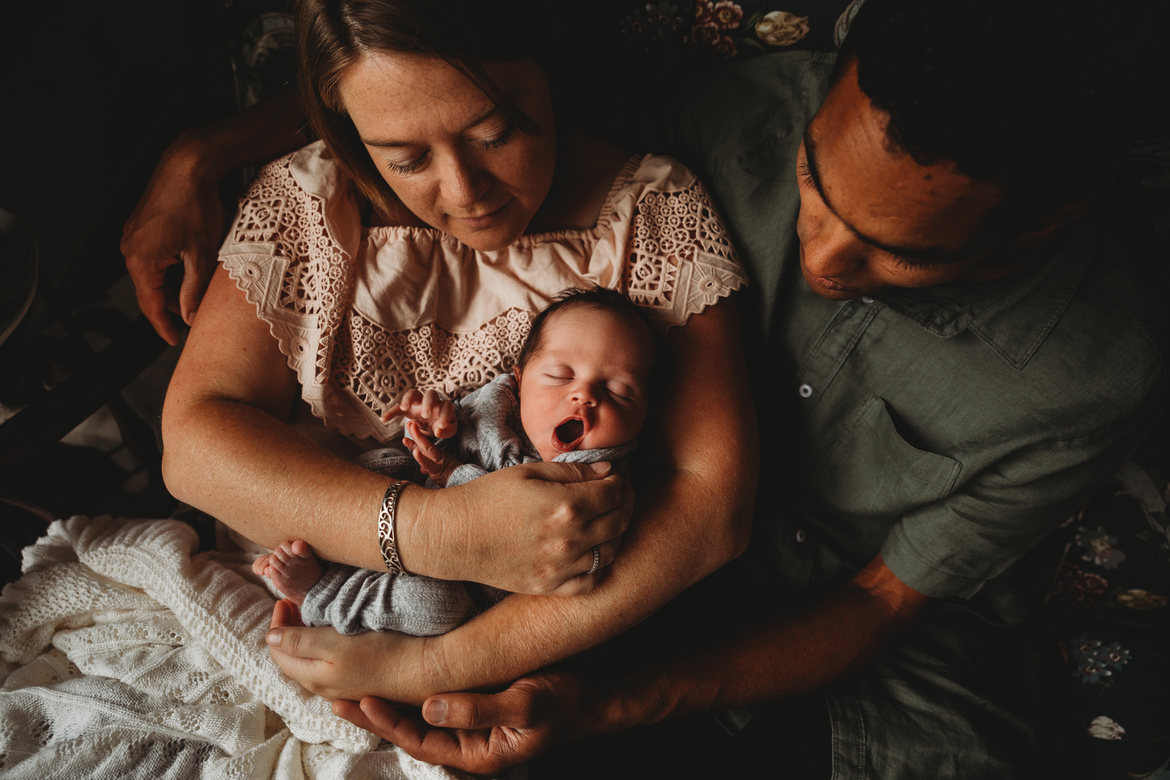By Kirsty Richards
Postpartum Depression – or the baby blues – as it used to be called. It’s estimated up to 15 percent of mothers experience postpartum depression on some scale within the first six to twelve months of giving birth and 9 percent of women during pregnancy. It can also occur after a miscarriage.
It’s not just the first-time mothers who suffer from postpartum depression. Some women sail through their first pregnancy and birth, and it is only with subsequent births that these feelings arise.
Symptoms of postpartum depression are similar to depression at other times. They include feeling sad most of the time and losing interest in things that were once enjoyable. The symptoms might include:
- feeling worthless, hopeless, useless
- feeling sad, crying a lot
- blame and guilt
- feeling anxious, panicky, or overwhelmed – especially regarding baby
- having thoughts of suicide towards self or baby
- not being able to bond with baby, not feeling the love like other mothers do towards their baby
- not being able to sleep even if baby is sleeping
- overactive mind, constant, unwanted thoughts
- changes in eating habits
- lack of libido
There is no explanation why some women experience postpartum depression and others don’t. The single biggest risk factor for postnatal depression is experiencing depression previously. But this doesn’t mean that if you have a history of depression you will develop postnatal depression.
Some of the factors that put women at a higher risk of postpartum depression include:
- traumatic birth experience, or not having the desired birth outcome
- depression or persistent distress in this or a past pregnancy
- family history of depression
- being young (under 20)
- being unmarried or without partner support
- limited support from parents as a child
- limited support from friends and family
- challenging relationship with a partner
- financial worries
- low self-esteem.
Another contributing factor can be a sense of isolation – particularly if the mother was previously working outside the home before having her baby.
These feelings can all be exacerbated by a lack of sleep – being tired normally can affect a person’s mood – but being tired constantly and having a very dependant baby to look after as well, can be extremely challenging.
Postpartum depression is often misunderstood or dismissed by the partner or family members, further adding to the feelings of hopelessness felt by some women, and it can make it even harder to reach out and ask for help. Another contributing factor can be a sense of isolation – particularly if the mother was previously working outside the home before having her baby. She may have gone from a career or job she enjoyed, having regular contact with others, conversation, a social component, and camaraderie with her co-workers, to now being only with her baby at home for days at a time. Stopping work to becoming a mother is a huge transitional leap.











